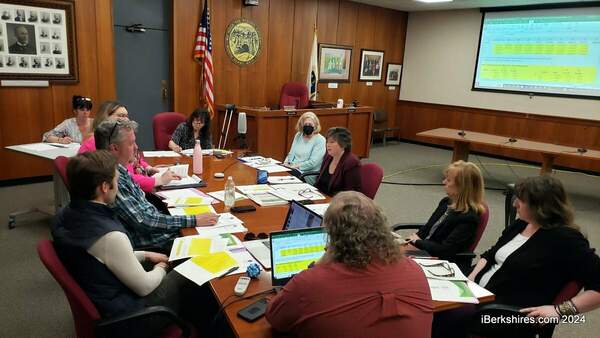NBCC to Host Community Assessment Forum Sept. 9
NORTH ADAMS, Mass. — The Northern Berkshire Community Coalition’s Annual September Community Assessment Forum will focus on identifying emerging and urgent issues in our community at 10 a.m. on Friday, Sept. 9.
Everyone in Northern Berkshire is invited and encouraged to bring their topics for discussion to the forum. During discussions, you can expect to hear observations from others about community needs, and share your own thoughts about current issues our community is experiencing.
"Our monthly forums are designed to get residents talking and learning about the issues and concerns that affect the quality of life in our community. Please join us and be a part of the change you want to see in north Berkshire. We look forward to hearing from, listening to, and capturing all that our community has to say," said Amber Besaw, nbCC’s Executive Director.
The forum will begin with a round of introductions, followed by brief announcements of your upcoming events or new projects. Please bring flyers about your announcements.
Come join in conversations with your neighbors, friends, and colleagues to help make the northern Berkshire community a better and healthier place to live on Friday, September 9th, 10 a.m. to noon, at Terra Nova located at 85 Main Street in North Adams. Childcare can be available for our meeting if you contact the Coalition office before September 9th
For more info, contact the NBCC office at 413-663-7588.
Tags: NBCC,















